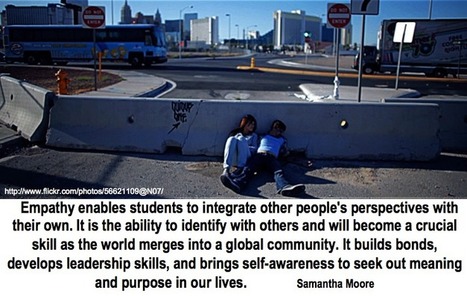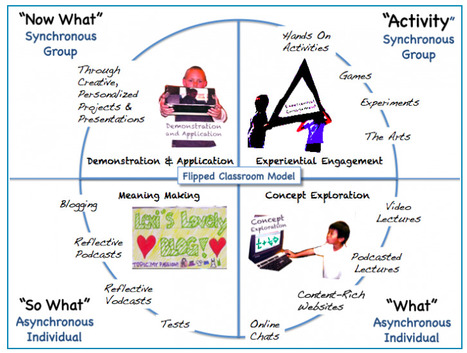Many have attempted to identify the skills important for a learner today in this era of the 21st century (I know it is an overused phrase). I have an affinity towards the skills identified by Tony...
Get Started for FREE
Sign up with Facebook Sign up with X
I don't have a Facebook or a X account
 Your new post is loading... Your new post is loading...
 Your new post is loading... Your new post is loading...
|

Patrice Bucci's curator insight,
September 29, 2013 7:00 PM
So true... I cringe when I am in classrooms with the packaged program "essential question" of the week on the board...and very often those "essential questions" lack cognitive clarity for the students 
Mary Reilley Clark's curator insight,
January 8, 2014 1:33 PM
A great summary of why questioning still matters. We've been talking about metacognition a lot this year in the library. Learning how to develop questions is a large part of learning how you learn and think. 
Stacey Jackowski's curator insight,
February 19, 2014 8:20 PM
This quote is so true. Learning how to ask essential questions is a skill that we can carry with us for the rest of our lives and facilitates a lifetime of learning. |















Let's raise well-rounded children!